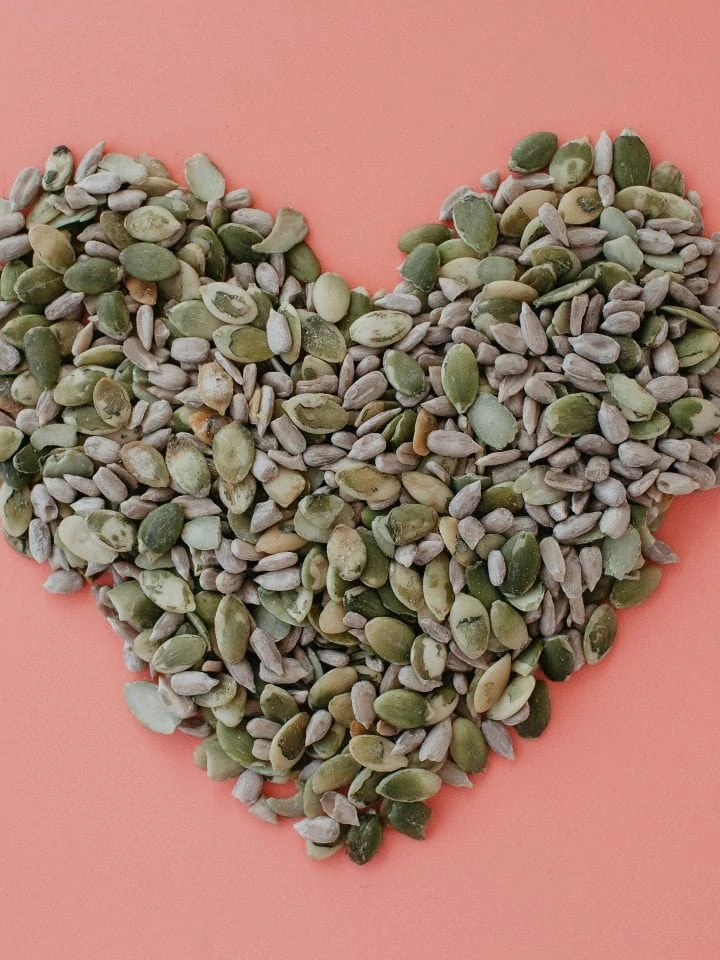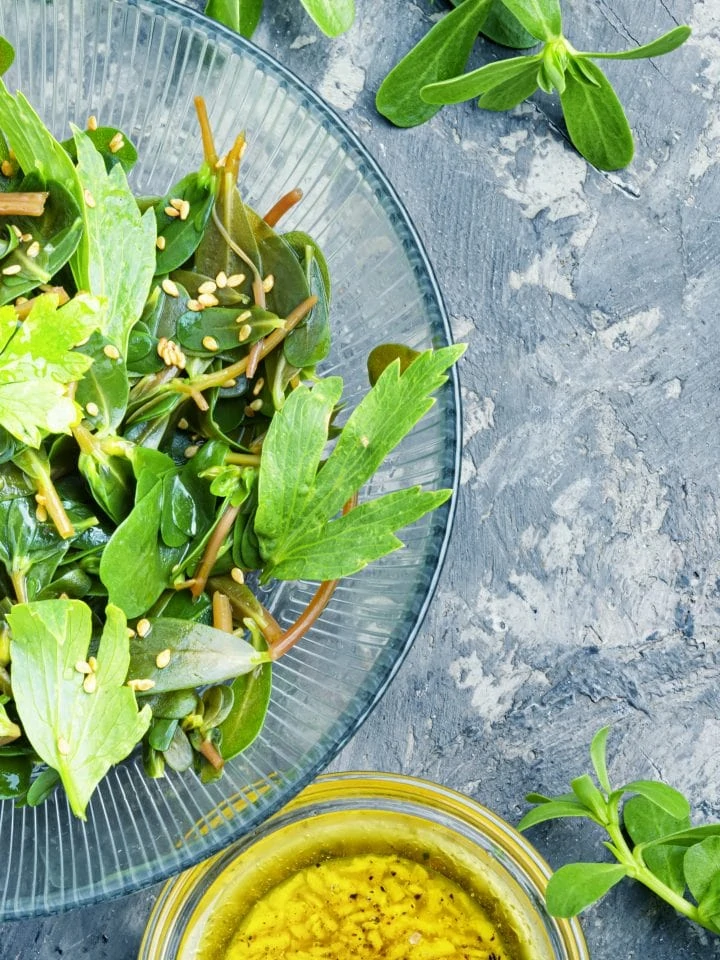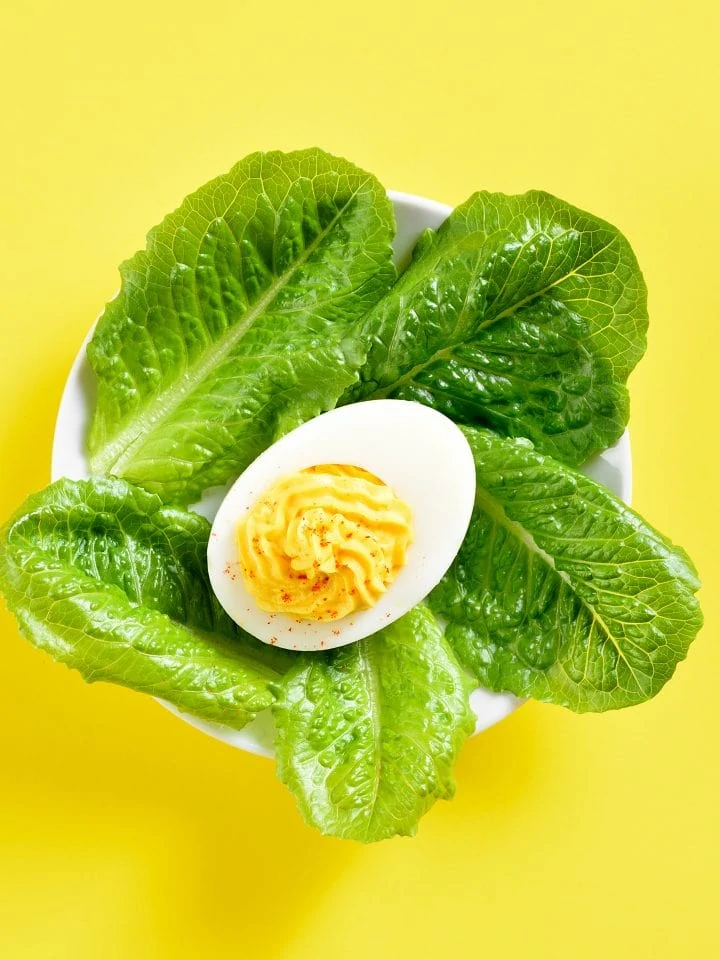From lemons to oranges and grapefruits, there are different kinds of citrus fruits. Citrus fruits are pretty and flavorful and can add a burst of flavor to diverse beverages and dishes. While you might be familiar with the common kinds of citrus fruits and their many health advantages, Kabosu fruit is one citrus fruit that you have probably not heard a lot about.
While unique to Japan, as a citrus fruit, Kabosu contains an array of nutrients and has a fascinating health advantages profile. Kabosu health benefits include the support for heart health, the digestive system, and the elimination of the symptoms of inflammation.
What is Kabosu?
Kabosu is a citrus fruit that originates from Japan. It belongs to the citrus family of sphaerocarpa. The Kabosu fruit is a combination of two types of citrus fruits called the European bitter orange and Kishu mandarin, and the combination of these two citrus fruits gave birth to the distinct fruit called Kabosu.
Kabosu resembles a lemon or lime in shape. It has a greenish-to-yellow skin that houses juicy flesh. Kabosu fruit is greatly valued for its flavorful juice, which is often used as a seasoning in many dishes. The taste of Kabosu is often described as a mix of acidity and sweetness making it a versatile ingredient for diverse recipes like desserts, stews, and soups. The juice elevates diverse dishes by adding a refreshing citrus taste. For a zesty twist, it is used also in beverages, mocktails, and cocktails.
The citrus fruit holds a significant cultural status in Oita prefecture, Japan, where it is celebrated annually as a symbol of local pride. The Kabosu festival in Japan highlights the diverse ways that Kabosu can be used for different recipes. Beyond this cultural symbol, Kabosu recently gained attention on social media as the face of the viral internet meme called “Doge.” The dog that is used in the meme named Kabosu added a new layer of fame to the Kabosu fruit making it more prominent than before.
Kabosu fruit and nutrition
For years, Kabosu fruit has been a well-recognized staple in traditional Indian medicine. It is considered to have diverse medicinal advantages due to the numerous vitamins, antioxidants, and minerals that it possesses. Like many citrus fruits, Kabosu contains great amounts of vitamin C, which has amazing immune-boosting qualities, and other nutrients like dietary fiber, phosphorus, calcium, folate, vitamin A, flavonoids, potassium, and magnesium. Let us examine some of the amazing health benefits of Kabosu.
Kabosu health benefits

1. Support for digestive health
Kabosu contains a lot of fiber, which can help improve digestive health in several ways. Fiber can aid the bulkiness of stool, thereby supporting frequent bowel movements and reducing the risk of constipation. The fiber in Kabosu fruit can also act as a prebiotic which can benefit the development and growth of good bacteria in the gut. The maintenance of good levels of gut bacteria can aid the improvement of nutrient absorption and digestion.
Moreover, Kabosu possesses a high water content. Hydration is important for proper digestion, as it can encourage the smooth passage of food through the digestive tract for the proper functioning of digestive enzymes. In addition, Kabosu fruit is loaded with generous amounts of different phytochemicals and vitamin C, which can help protect the digestive system from oxidative stress that can increase the risk of digestive disorders like inflammatory bowel disease and gastric ulcer. Kabosu also contains diverse natural acids like citric acid that can aid the enhancement of digestive processes by improving the production of digestive enzymes. Citrus fruits also contain fiber, which is particularly beneficial for weight management as it gives you a feeling of satiety.
2. Anti-inflammatory qualities
One of Kabosu's health benefits is that it can help combat the symptoms of inflammation. As earlier mentioned, Kabosu contains vitamin C, known for its excellent antioxidant qualities. Vitamin C can help eliminate the effects of harmful compounds in the body that contribute to inflammation thereby reducing the risk of chronic diseases like rheumatoid arthritis and lung diseases. Moreover, Kabosu contains flavonoids like quercetin, naringenin, and rutin which can reduce the production of molecules associated with inflammation in the body.
Kabosu fruit also contains diverse phytochemicals that may have anti-inflammatory effects and help the body regulate its response to inflammation. Due to its anti-inflammatory effects, Kabosu can help improve the management of diverse health issues like diabetes and Alzheimer's disease.
3. Beneficial for skin health
Kabosu may be beneficial to skin health due to its many rich vitamins, compounds, and antioxidants. Because of its ascorbic acid composition, Kabosu citrus fruit can help promote the synthesis of collagen. Collagen is an essential protein that is required by the skin for the maintenance of hydration, firmness, and elasticity. Vitamin C can also help slow down skin aging by reducing the activities of free radicals in skin cells; through this, Kabosu can contribute to an increased ability of the skin to stay youthful.
Just as hydration is important for digestion and other functions in the body, the skin also requires proper hydration to maintain moisture and texture. This is another fantastic Kabosu health benefit, as Kabosu possesses a high water content that can support good skin hydration. Additionally, due to the high composition of vitamin C in Kabosu, it can support the brightening of the skin by helping to reduce the signs of hyperpigmentation.
4. Improved heart health
Kabosu fruit can contribute to the improvement of heart health through its rich composition of antioxidants, vitamin C, carotenoids, and flavonoids. Kabosu can help eliminate oxidative stress that can damage blood cells, thereby enhancing heart health. Kabosu fruit contains potassium, which can help regulate blood pressure by aiding the balance of sodium levels in the body. Consuming foods that contain potassium like Kabosu is associated with a reduced risk of cardiovascular diseases.
Fiber is also another nutrient that is present in Kabosu that can contribute to an improved functioning of the heart. Fiber can help reduce the levels of bad cholesterol (LDL) which is beneficial for the cardiovascular system. High levels of LDL may contribute to the development of diverse diseases like stroke and diabetes. Kabosu also contains vitamin A, which can support heart formation in embryonic development.
5. Immune system support
For a diet that can aid the strengthening of the immune system, foods that are high in diverse antioxidants are important. Kabosu fruit is one such food that is high in immune-supporting antioxidants. Antioxidants are potent in decreasing the risk of diverse diseases by combating the activities of free radicals in the cells and reducing the damage that can be caused by oxidation. An important health benefit of Kabosu fruit is its amazing antioxidant composition. Kabosu contains vitamin C, which can aid the function and development of white blood cells. White blood cells play an integral part in strengthening the defense of the body against infections and diseases.
Moreover, Kabosu contains different flavonoids and phytochemicals that can help decrease oxidative stress, thereby aiding a faster immune response to disease-causing organisms. Kabosu also contains good amounts of folate, an important vitamin that aids the repair and synthesis of DNA. This vitamin also contributes to the development of immune cells and can overall improve the functions of the immune system.
Conclusion
Kabosu is a citrus fruit that has its origins and cultural background in Japan. While the fruit has just become more popular in recent years, the Kabosu fruit is a unique citrus fruit. Beyond its distinct use in diverse dishes, the fruit carries a wide range of medicinal benefits. The Kabosu health benefits include the regulation of blood pressure, hydration, and healthy skin appearance.

A writer passionate about wellness, nutrition, and intentional living. She creates engaging, research-based content that empowers readers to live healthier lives. Through every article, she brings clarity, inspiration, and a touch of everyday practicality. Read more about Juliana.







Comments
No Comments